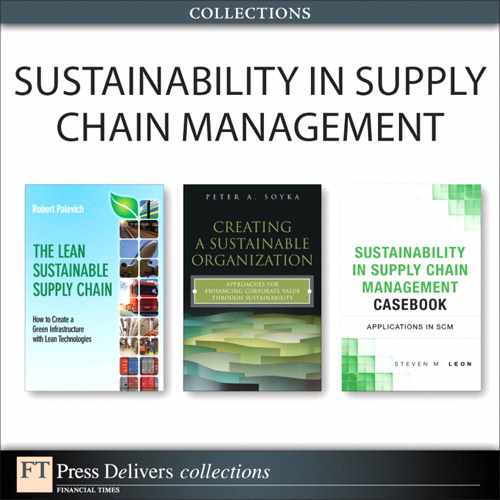Part IV: Social Sustainability Through Innovation
Social sustainability is an important aspect of corporate social responsibility. Both for-profit and not-for-profit organizations directly impact the welfare of the communities in which they operate, the employees who work for them, and the consumers they serve. It is especially important to recognize whether and when communities you operate in and employees who work for you are being exploited. Firms locate around the world to take advantage of labor, environmental, fair wage, tax, and hazardous material discharge laws, to name a few. Although it might not be technically against the law, companies need to consider their reputation and consumer backlash when taking advantage of location technicalities.
The case “Bosch: Creating Innovations Through Active Collaborations” introduces the concept of Base of the Pyramid (BoP), whereby firms establish operations in impoverished countries, providing the population with job opportunities and studying which products or services they could create, and whereby these very same firms would increase their market share and income significantly. Employing local population, the enterprise would contribute to poverty alleviation and contribute to sustainable development.
The next two cases, “Max Foundation (A): Saving Children’s Lives Through Business Model Innovation” and “Max Foundation (B): What Is the Best Route Forward?” introduce creating an NGO entrepreneurial social venture to maximize the (health) return per euro spent. The potential for business-model innovation is often overlooked in both the humanitarian and the business sector. Many of the innovative elements in the foundation’s business model related to social sustainability, product development, and implementation of projects can be adopted by other (humanitarian) organizations.
In the case “NH: Innovation and Knowledge Production Through Active Stakeholder Management,” a hotel firm operates in line with its mission of sustainable development: protection of the environment, contributing to communities’ well-being, and rising social awareness in matters that affect every citizen on either a global or a local scale. Social innovation has become a key element in the firm’s value creation. In order to sustain social innovation, to have sustainable development, and to enhance its supply chain management and value creation, this case considers how the knowledge life cycle process is managed. Knowledge creation, diffusion, and implementation are a highly complex and interrelated process, and one that supports the high relevance of knowledge management in pursuit of supply chain excellence.
